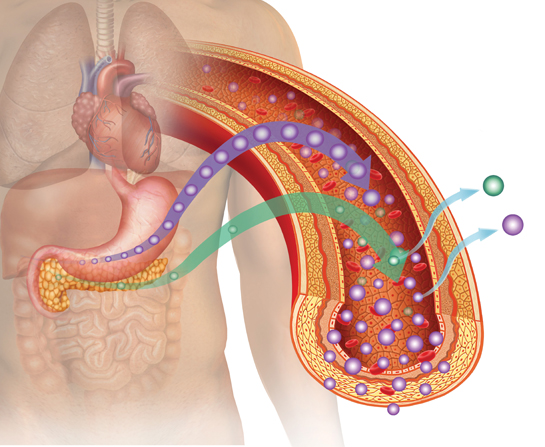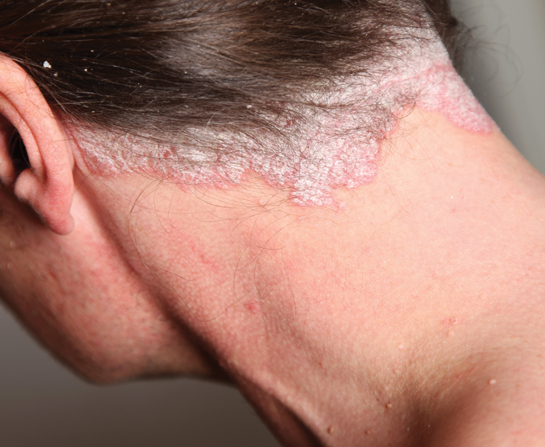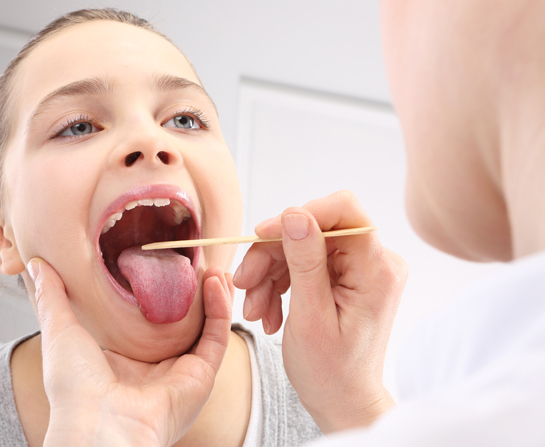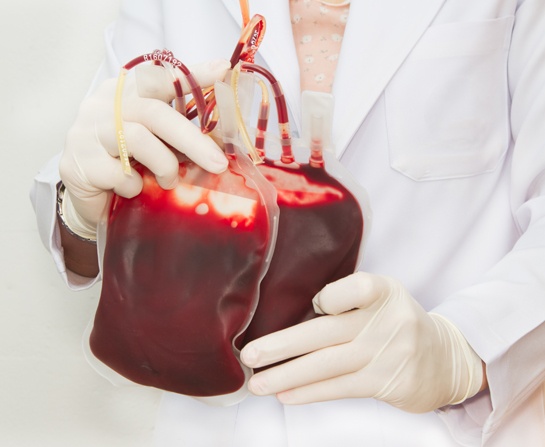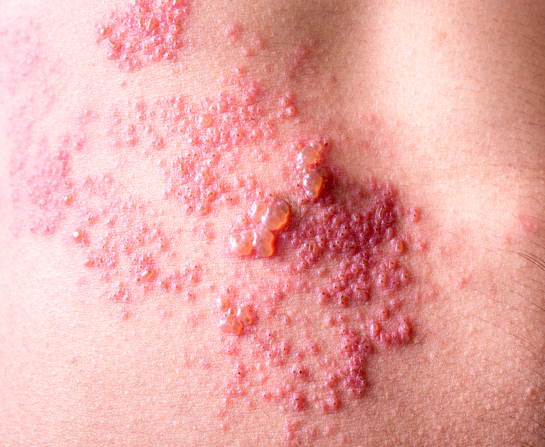The Sweetest Sorrows: Diabetes Defined
April 29, 2022 Return
Understanding your condition is the first step in gaining the confidence to do the right things to keep your diabetes in check. Therefore, let’s take some time to review this disease.
Glucose, the cause of the problem
Like many Malaysians, you probably love sweetened foods. Ice creams, cakes, chocolates – these are desserts that can brighten up any meal. Don’t you just love teh tarik and kopi ping with condensed milk and sugar? Of course, rice is a must-have during most main meals. These are just some of the food sources of carbohydrates, eaten every day.
These carbohydrates are broken down into more simple forms of sugars by your digestive system, in order for them to be used by the body as a source of energy. Glucose is one of these simple sugars, and it is the main issue, or problem, when it comes to diabetes.
Where there is glucose, we need insulin
Your pancreas is a pretty large gland, located in the abdomen in the space between your stomach and the spine. It is called a gland because it produces and secretes various hormones, one of them being insulin.
Insulin plays an important role in keeping the glucose levels in your blood within a healthy normal range. This is necessary because if blood glucose is too high, it can lead to a variety of problems over time, such as permanent damage to parts of the body such as the eyes, nerves, heart, kidneys and blood vessels.
With problems, comes diabetes
As you can see, any disruption to the function of the pancreas or the way your body respond to insulin can cause problems that will lead to an accumulation of blood glucose. When the blood glucose level gets too high, to an unhealthy level, that is when you have diabetes.
- Type 1 diabetes. This is a condition that some people would refer to as “My pancreas is on strike!” Their pancreas, unfortunately, cannot produce enough insulin to help control their blood glucose levels. This is a condition often diagnosed at a young age, and relatively less common compared to type 2 diabetes, see below.
- Type 2 diabetes. The focus of this Special Report, because it is far more prevalent, especially with the rise of obesity and sedentary living in Malaysia – two of the risk factors for this condition. Type 2 diabetes develops when the body becomes less responsive (resistant) to insulin. The pancreas will try to produce more insulin, but eventually the body’s resistance builds up to an extent that the pancreas can no longer keep up, and blood glucose levels begin to rise.
What is so bad about high blood glucose levels?
High blood glucose levels – or hyperglycaemia – are not good for the health because, as mentioned earlier, this condition can cause irreversible damage to eyes, nerves, heart, kidneys and blood vessels.2 People with type 2 diabetes may also experience hyperosmolar hyperglycaemic state (HHS), which occurs when the body tries very hard to get rid of the excess blood glucose, resulting in severe dehydration.
Managing type 2 diabetes
Once you are diagnosed with type 2 diabetes, your healthcare team will advise you on how to make necessary changes to your diet and lifestyle, in order to control the condition. You will also be given medications. Additionally, you will be seeing your healthcare team now and then for follow-up medical check-ups, so that your doctor can monitor your progress in keeping diabetes in check.
While your healthcare team will be assisting you, you will be the person who has to be in control. It is you who will have to follow a healthy, balanced diet and practise a healthy lifestyle. This is important to keep diabetes under control and to prevent it from causing damage to other aspects of your health.
Don’t worry, though. Your healthcare team will advise you if you have doubts. There are also tips at the end of this Special Report to help you stay on the right track!
Some popular misconceptions
- People with type 2 diabetes need special diets – not true! You will be eating the same healthy, balanced meals as everyone else. Unless specified by your healthcare team, you generally won’t need special supplements.
- You will need to cut down on sugar and starch from your diet – not true! The key here is portion size or the amount you eat. When it comes to carbohydrates, you should make sure that you do not consume over the recommended amount. If you have any concerns, talk to your dietitian.
References:
John Hopkins Medicine. The Sol Goldman Pancreatic Research Center. Retrieved on July 20, 2016 from http://pathology.jhu.edu/pc/BasicOverview1.php?area=b
NHS Choices. Hyperglycaemia (high blood sugar). Retrieved on July 20, 2016 from http://www.nhs.uk/conditions/Hyperglycaemia/Pages/Introduction.aspx
American Diabetes Association. Type 1 diabetes. Retrieved on July 20, 2016 from http://www.diabetes.org/diabetes-basics/type-1/
American Diabetes Association. Facts about type 2. Retrieved on July 20, 2016 from http://www.diabetes.org/diabetes-basics/type-2/facts-about-type-2.html
Diabetes UK. Hyperosmolar hyperglycaemic state (HHS). Retrieved on July 20, 2016 from https://www.diabetes.org.uk/Guide-to-diabetes/Complications/Hyperosmolar_Hyperglycaemic_State_HHS/
American Diabetes Association. Diabetes myths. Retrieved on July 20, 2016 from http://www.diabetes.org/diabetes-basics/myths/
If you like this article, do subscribe here.

